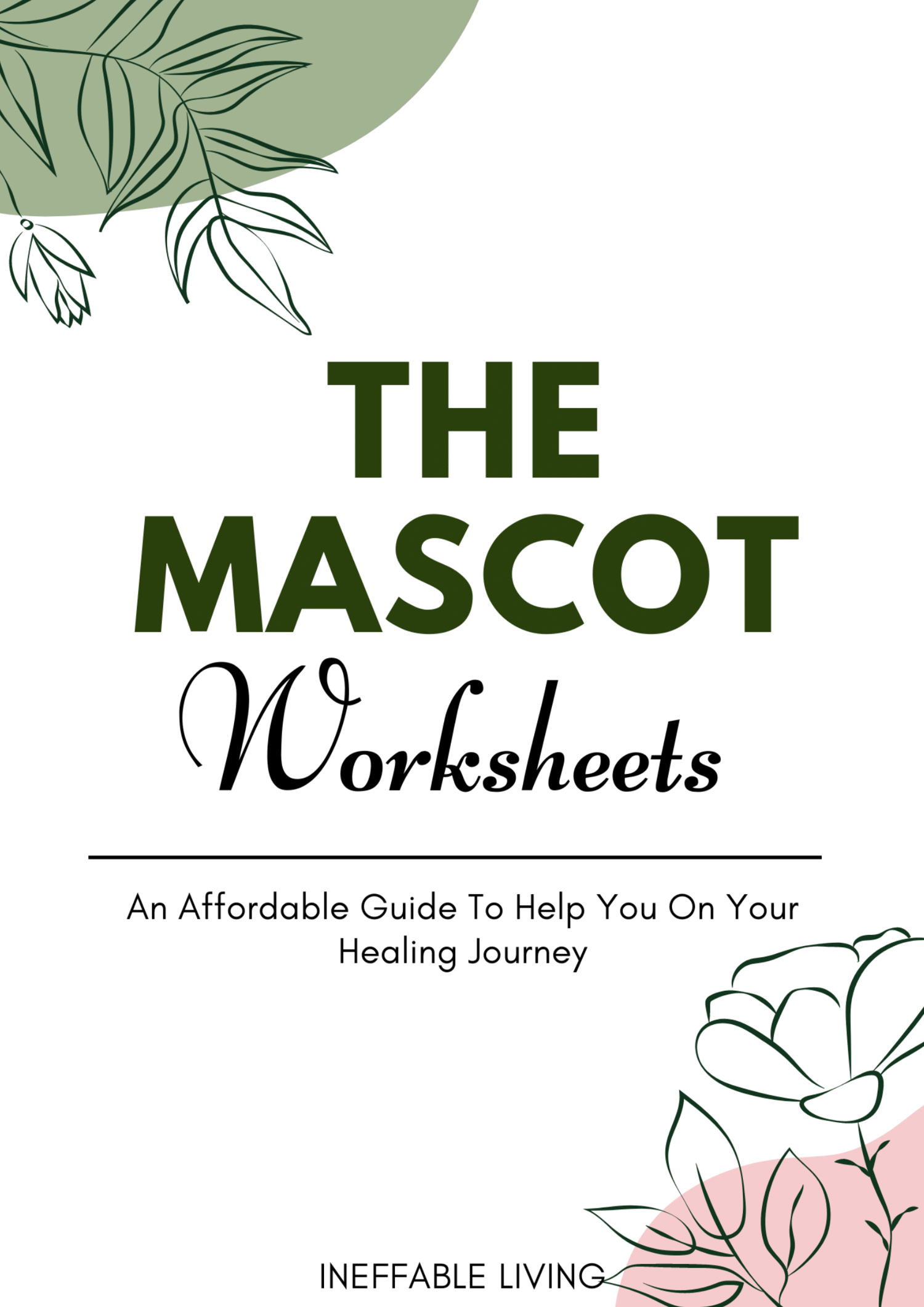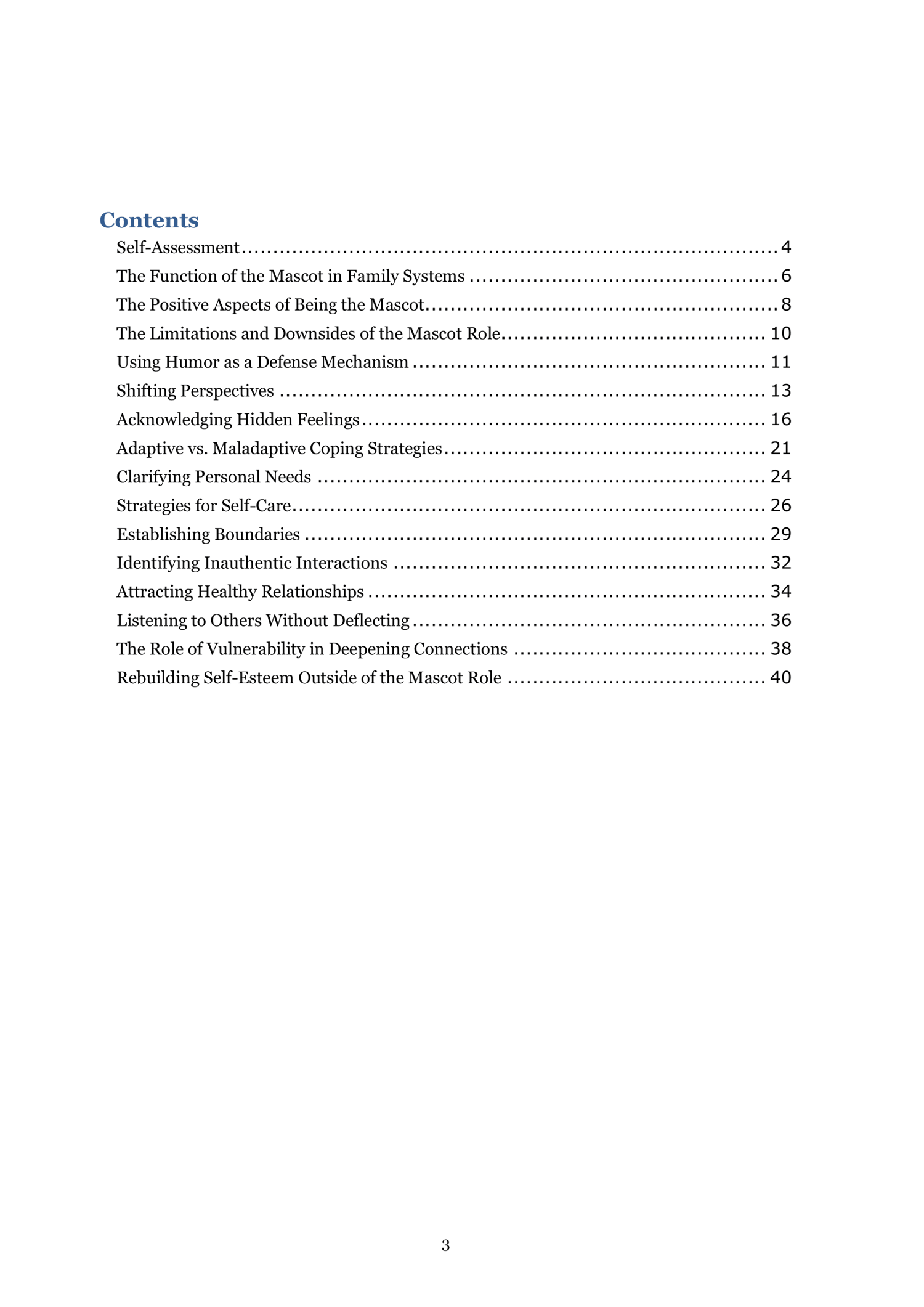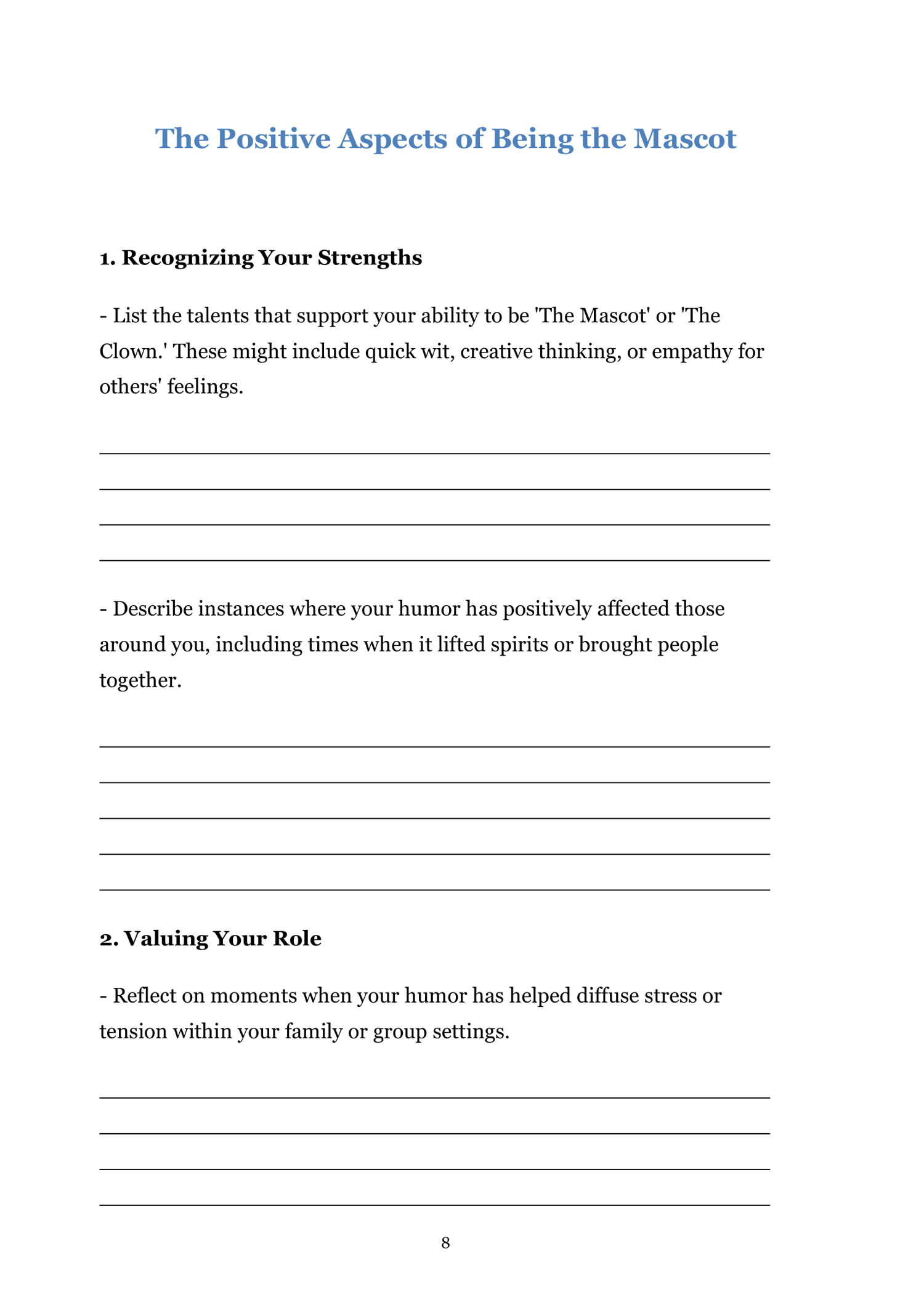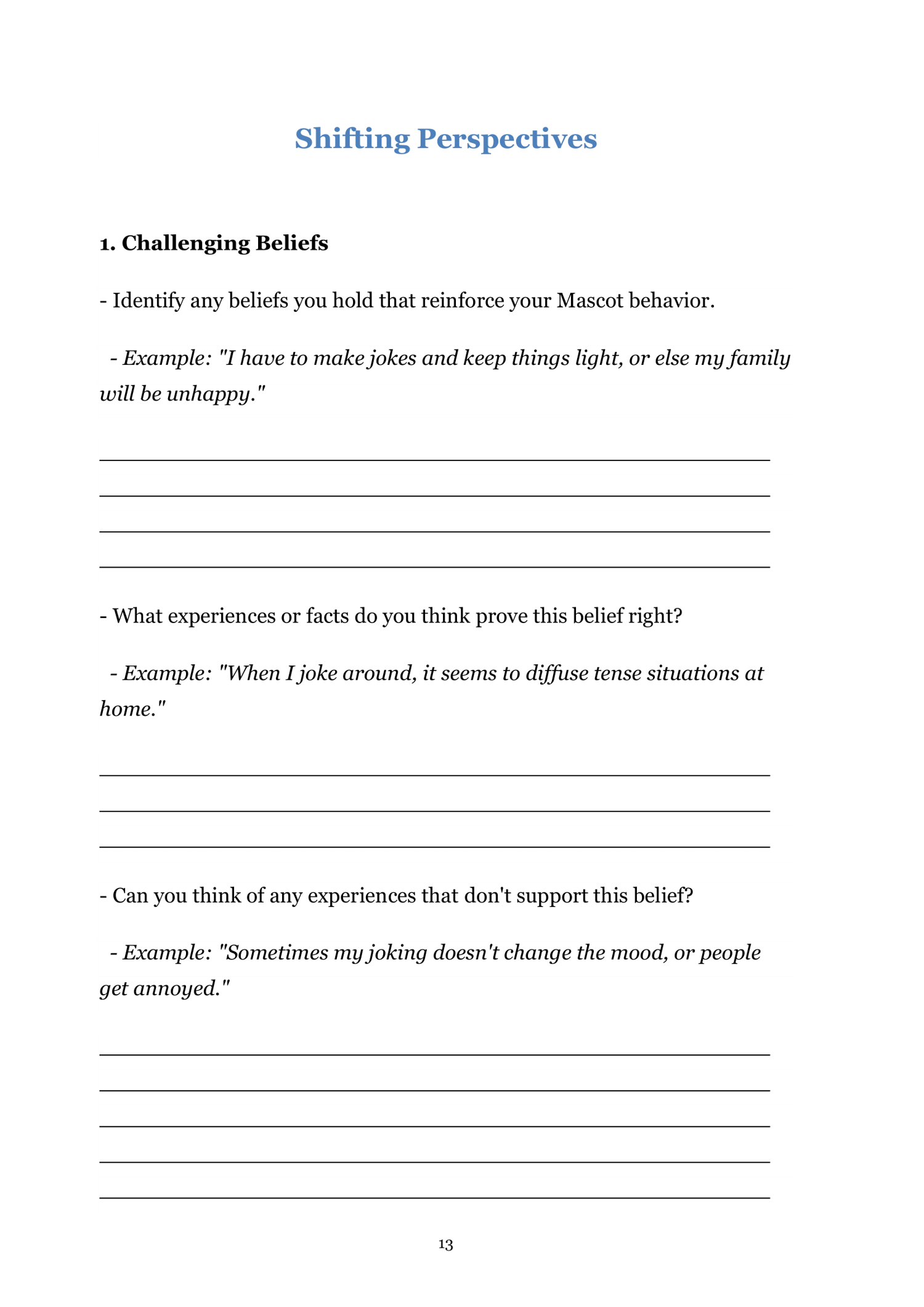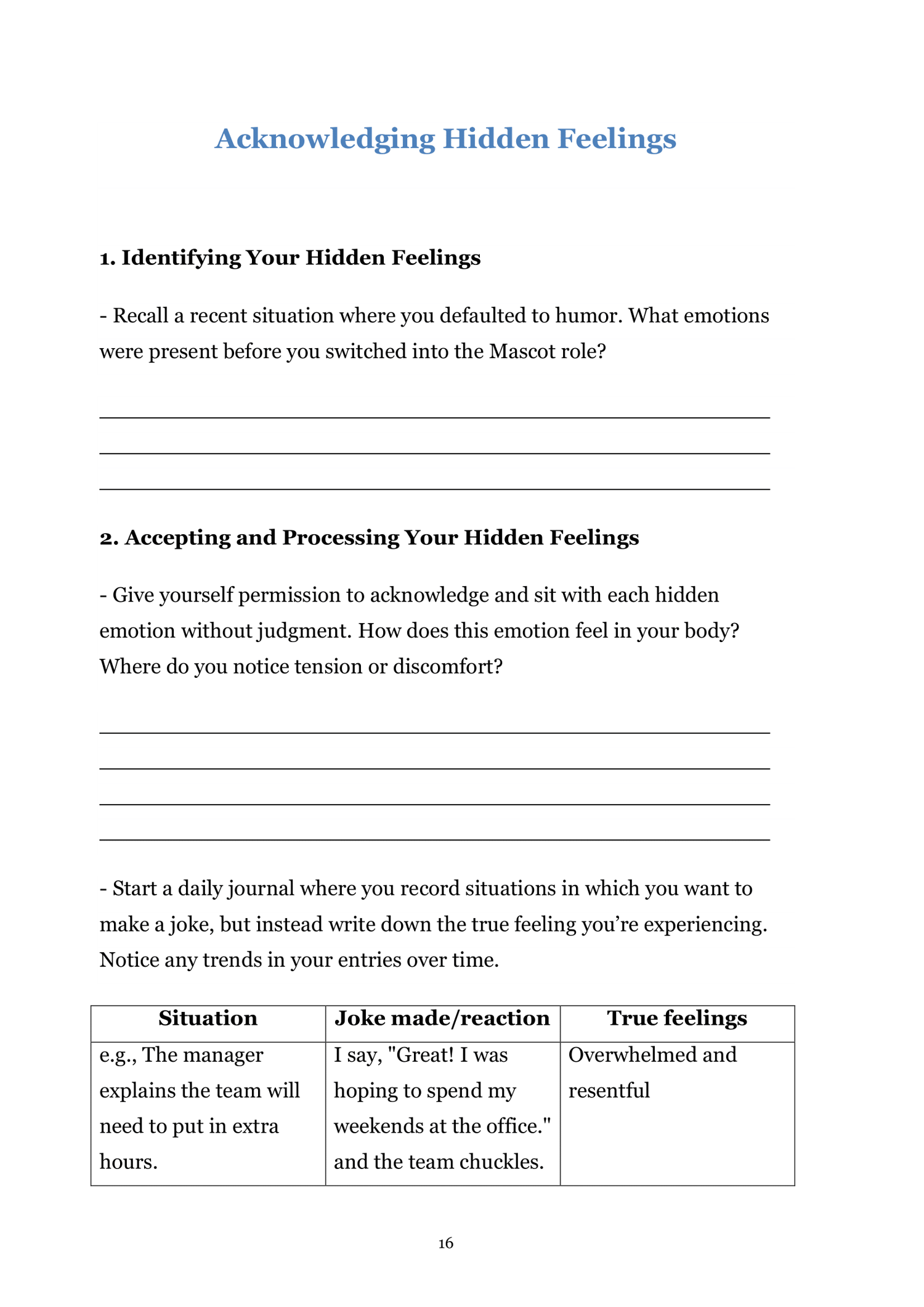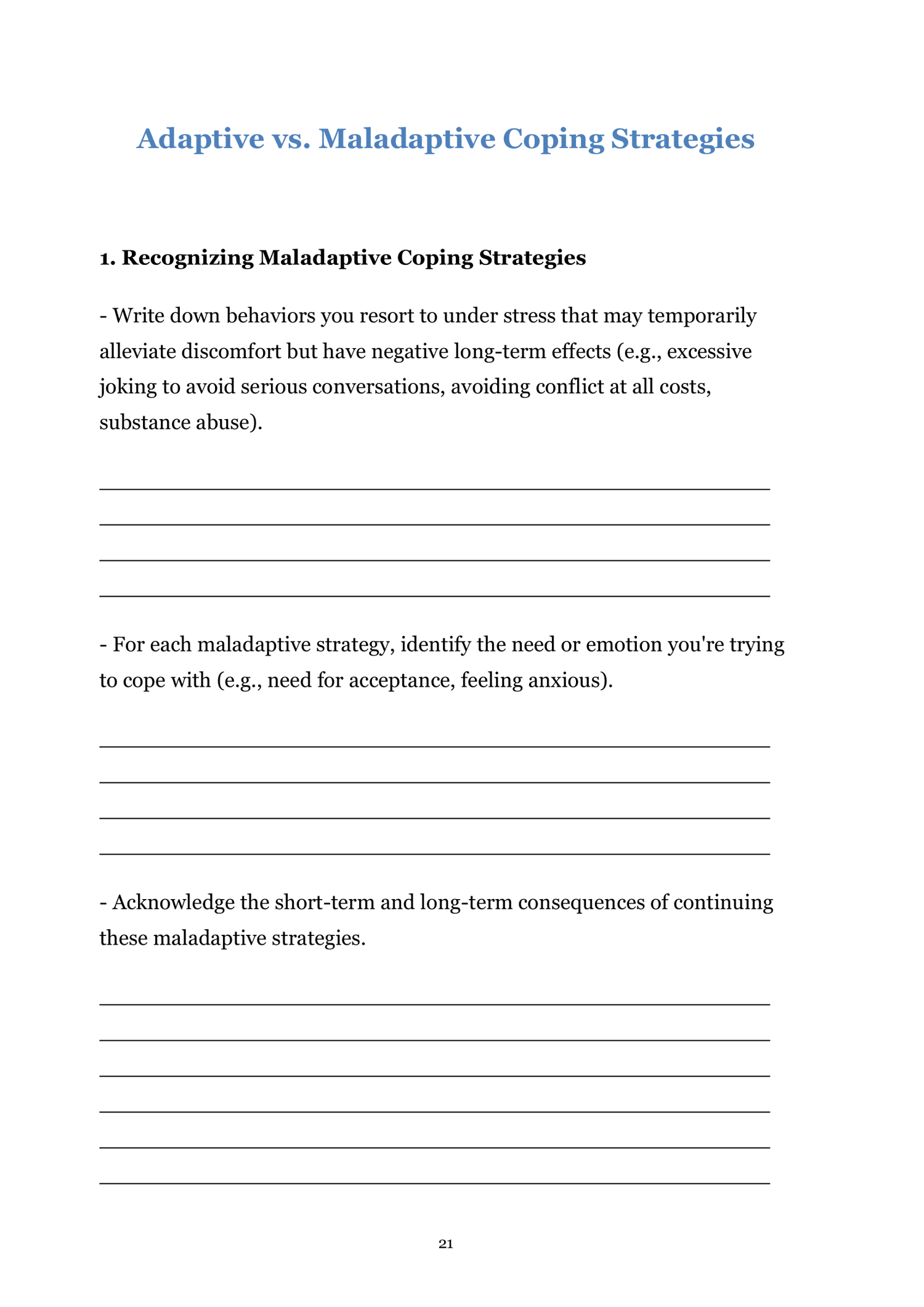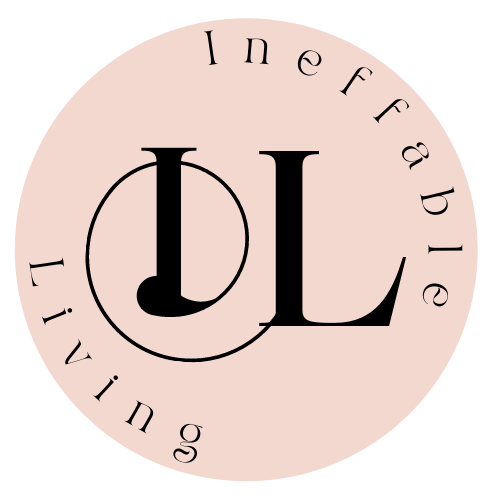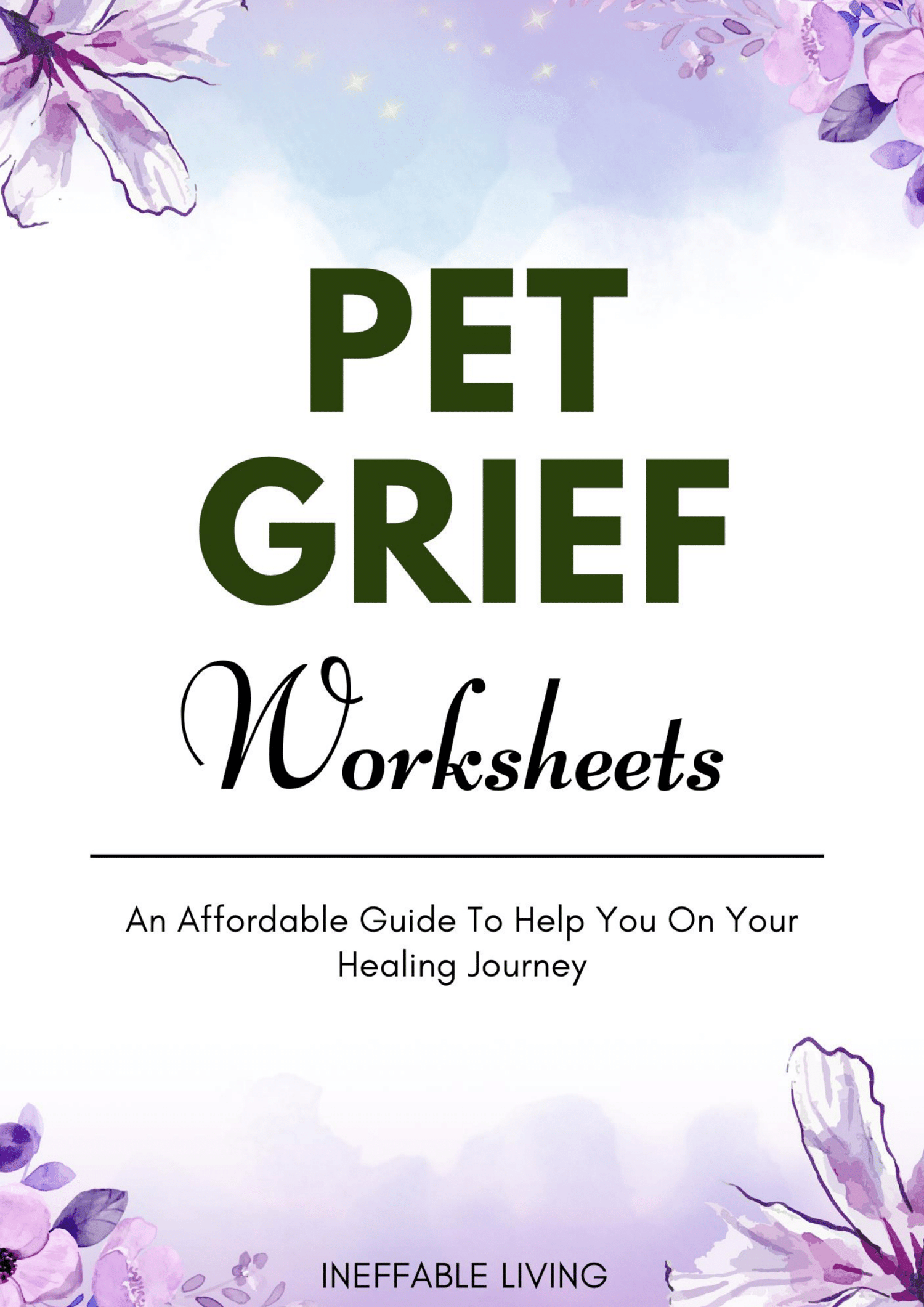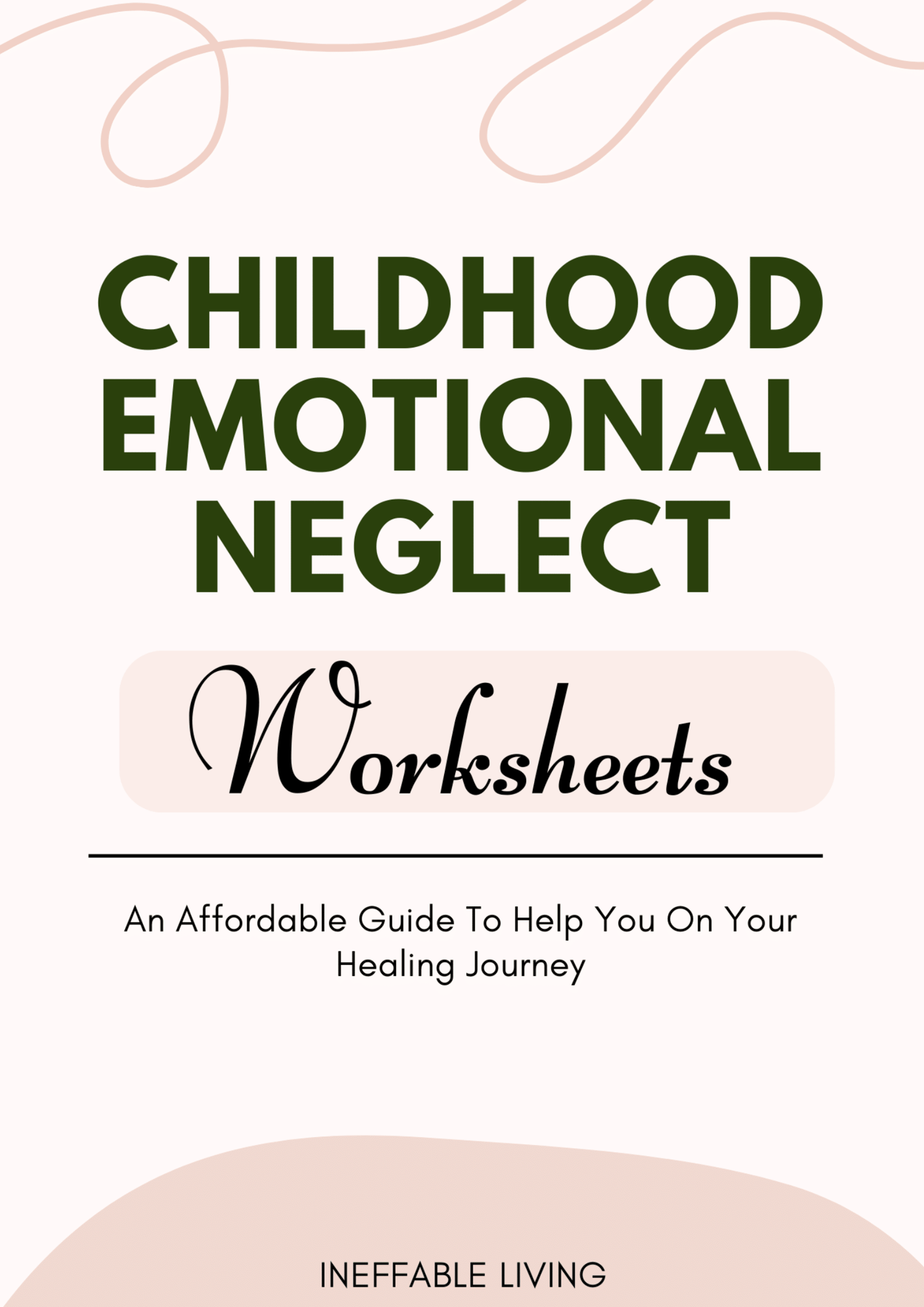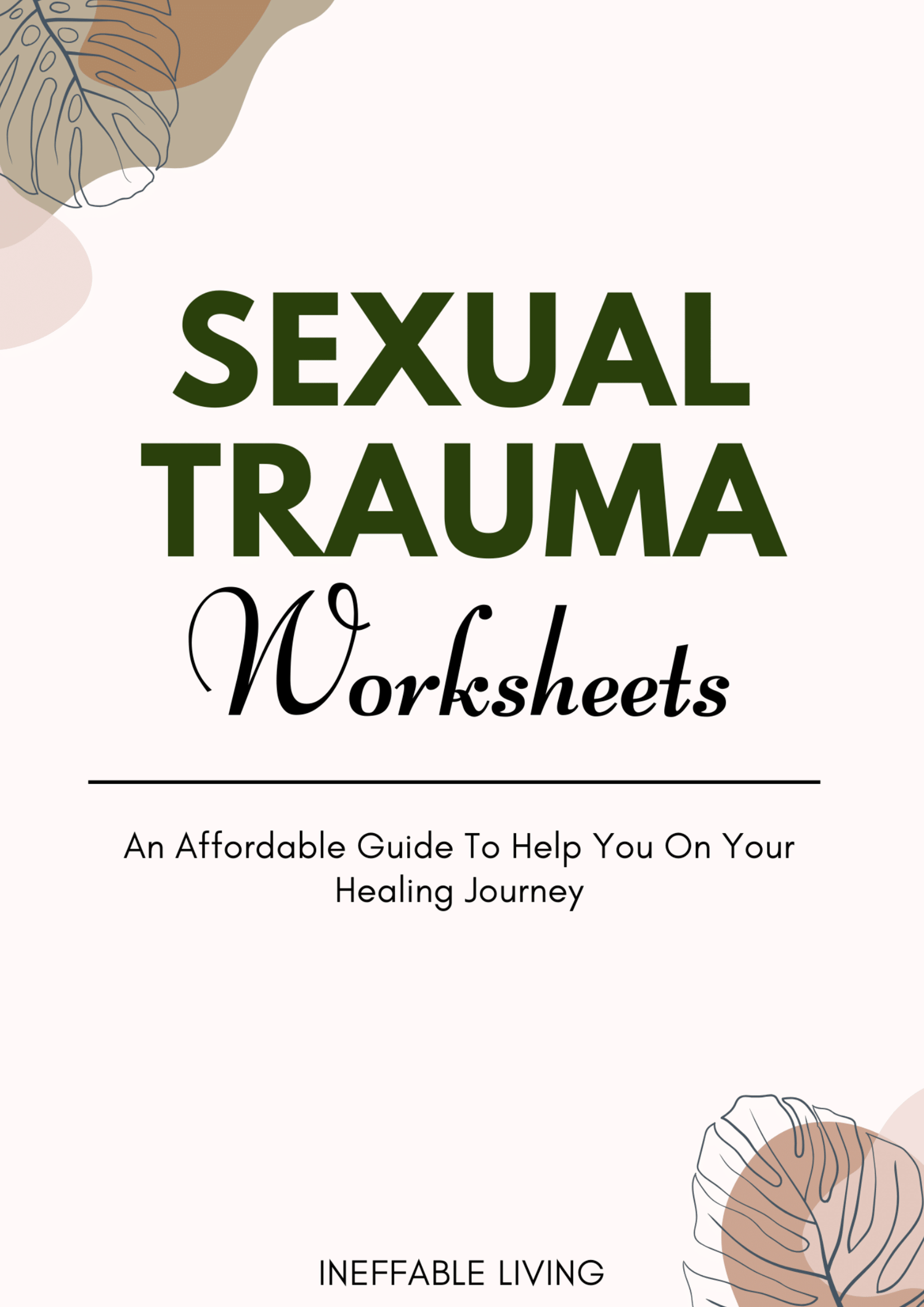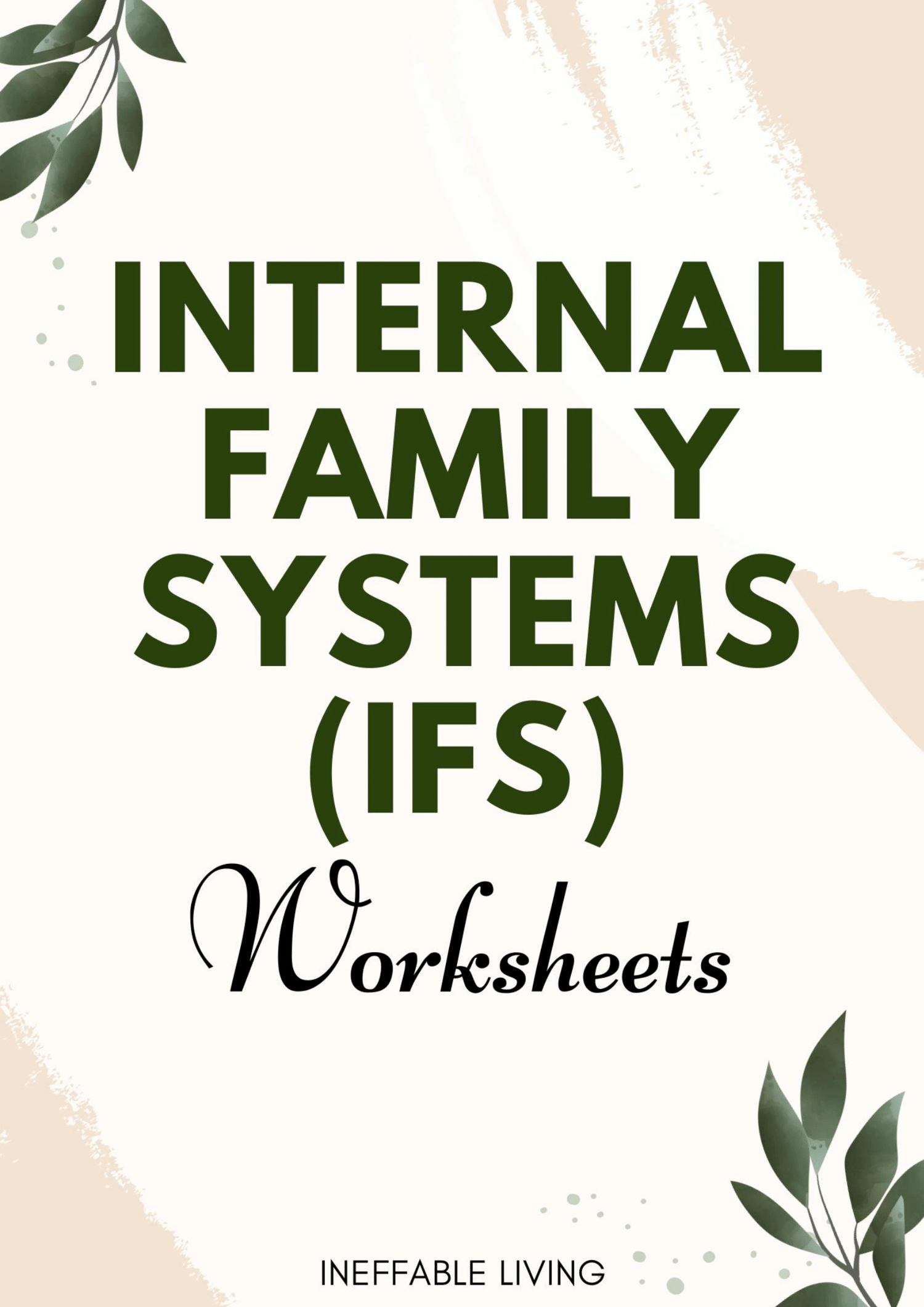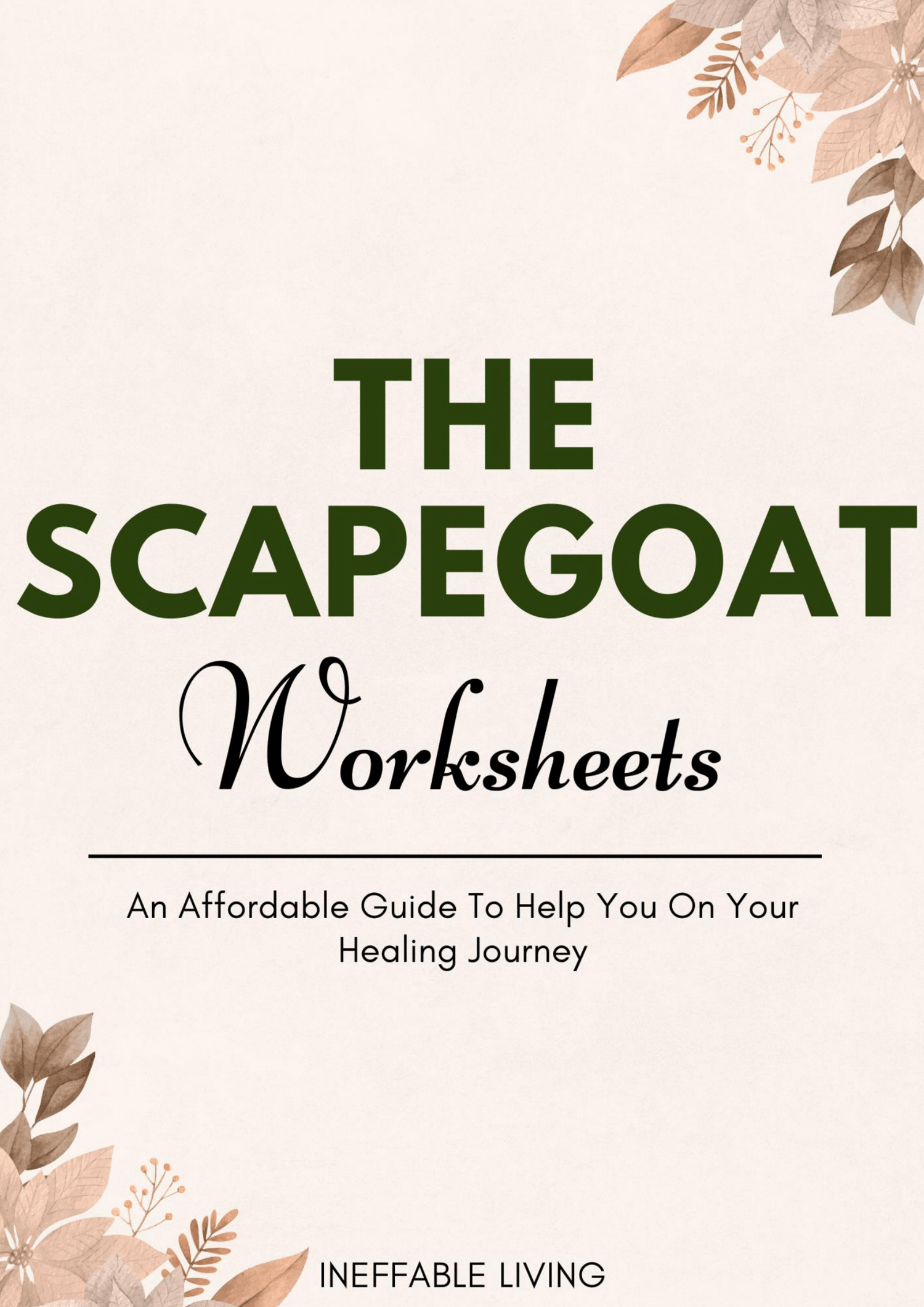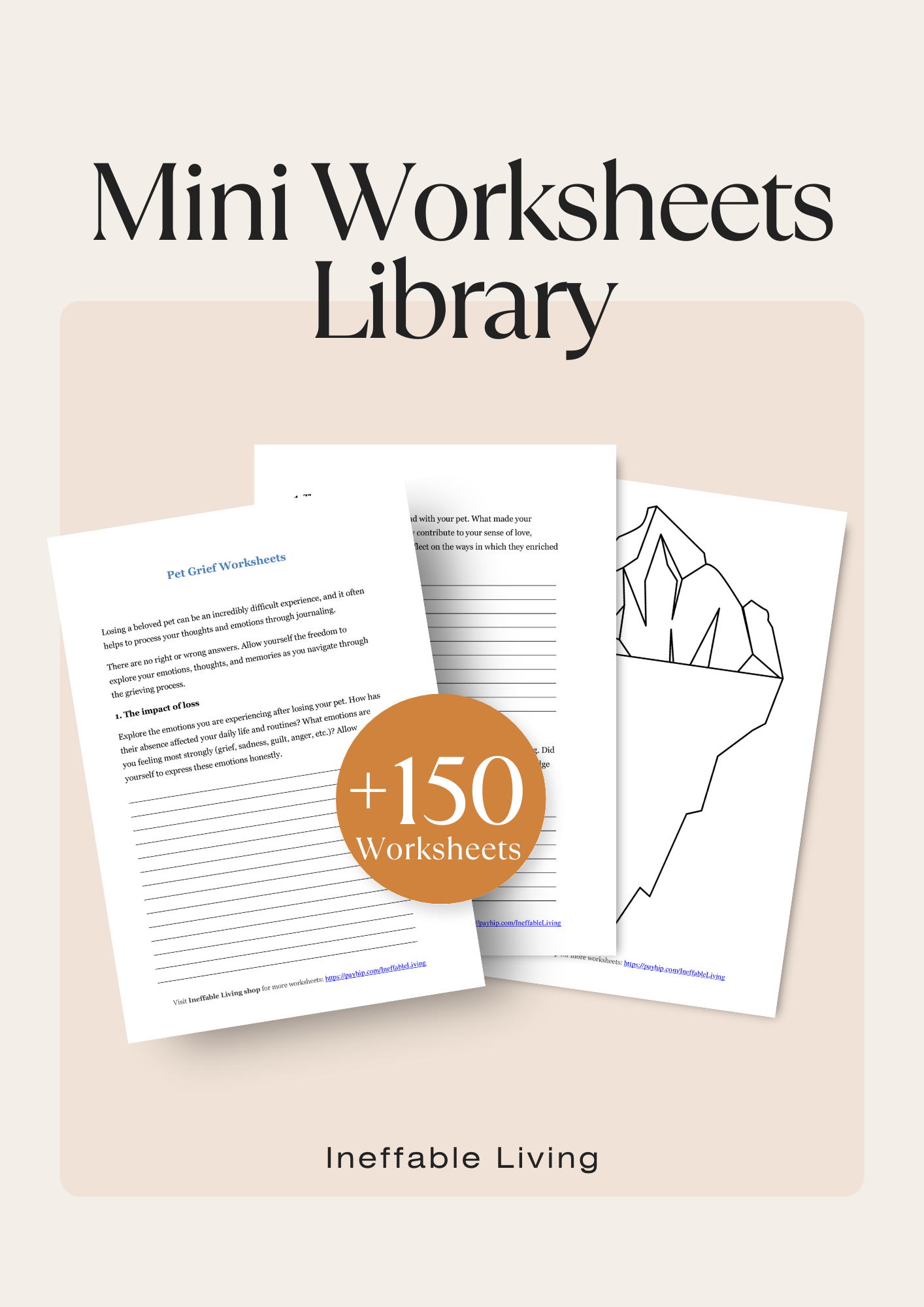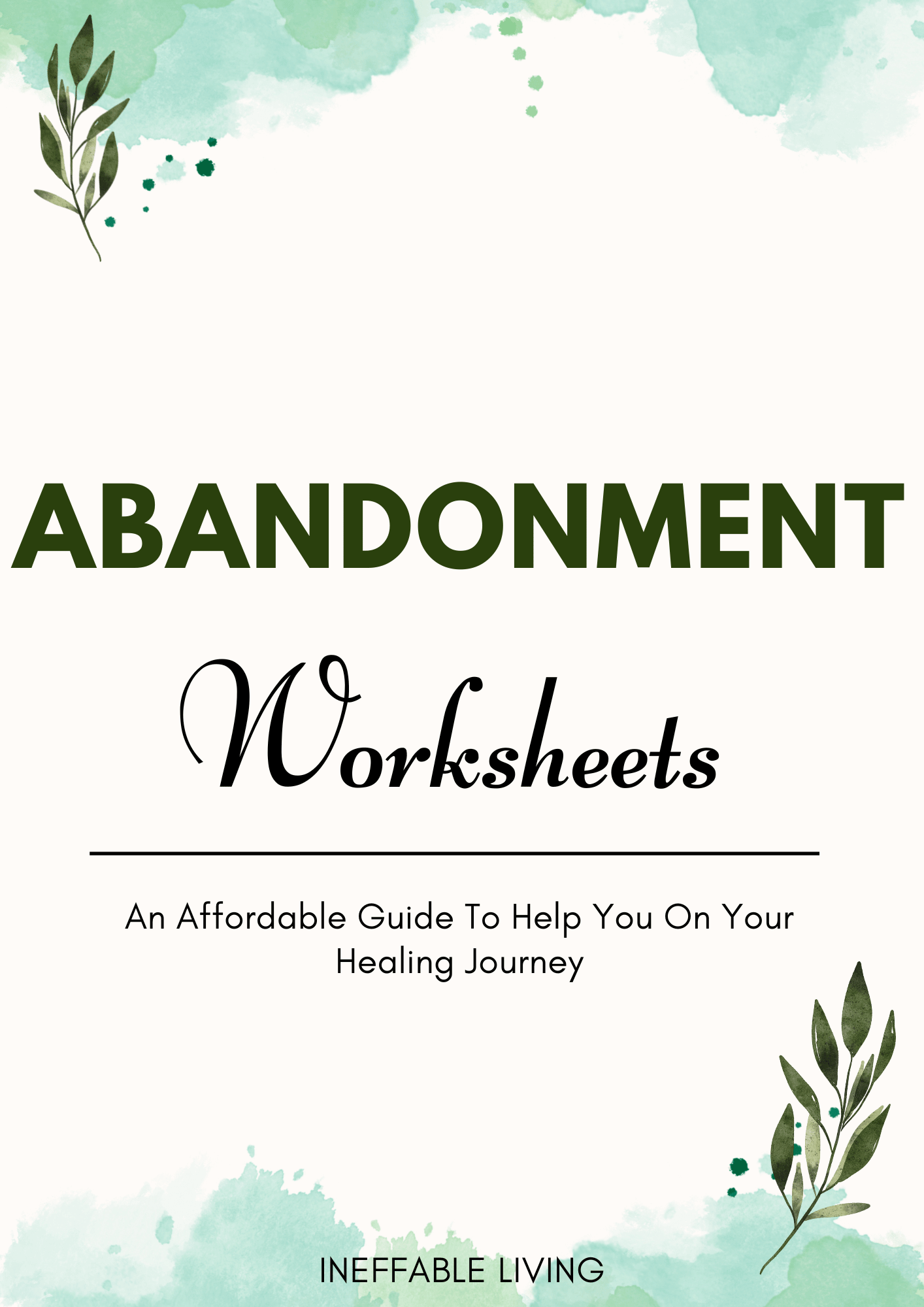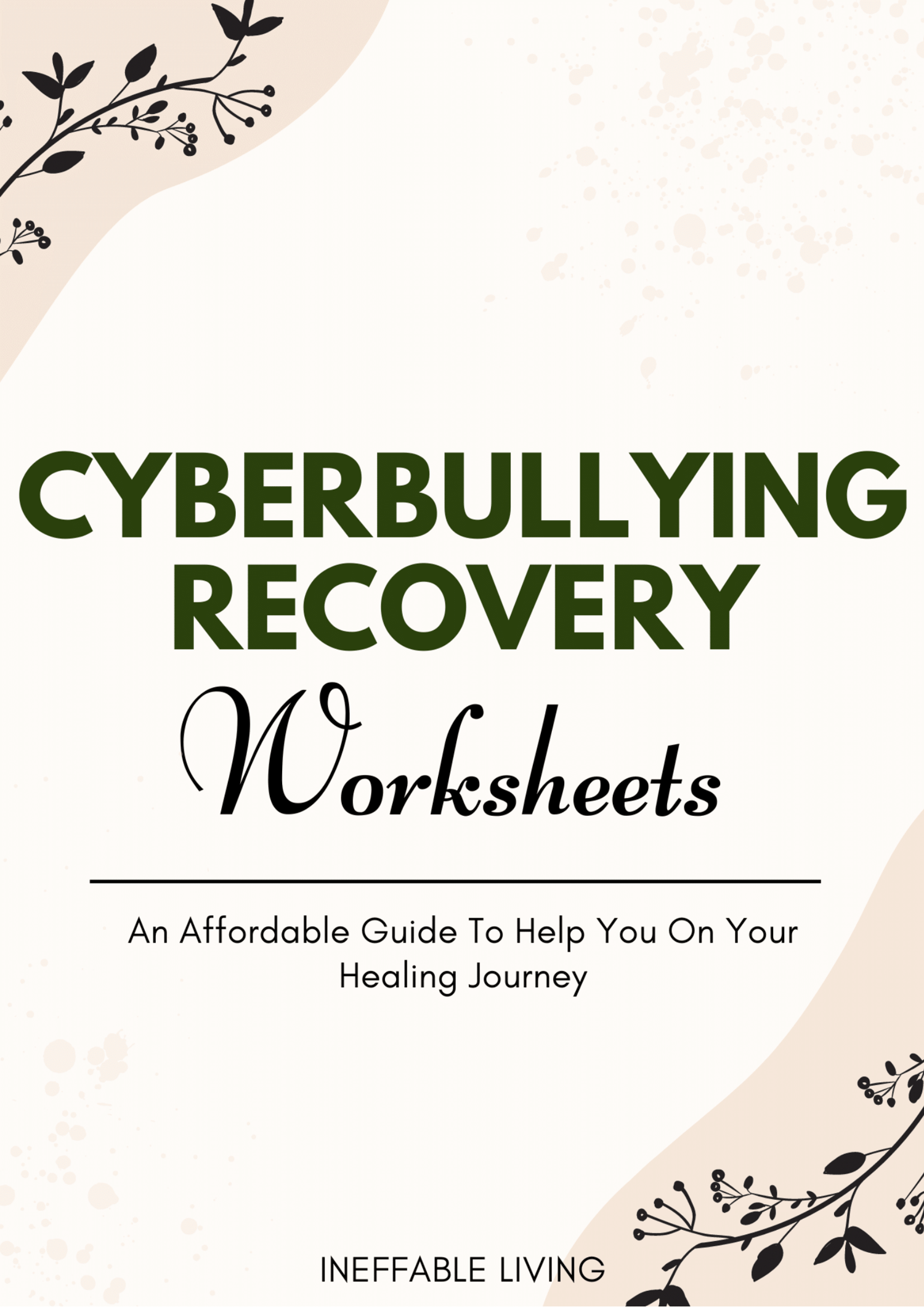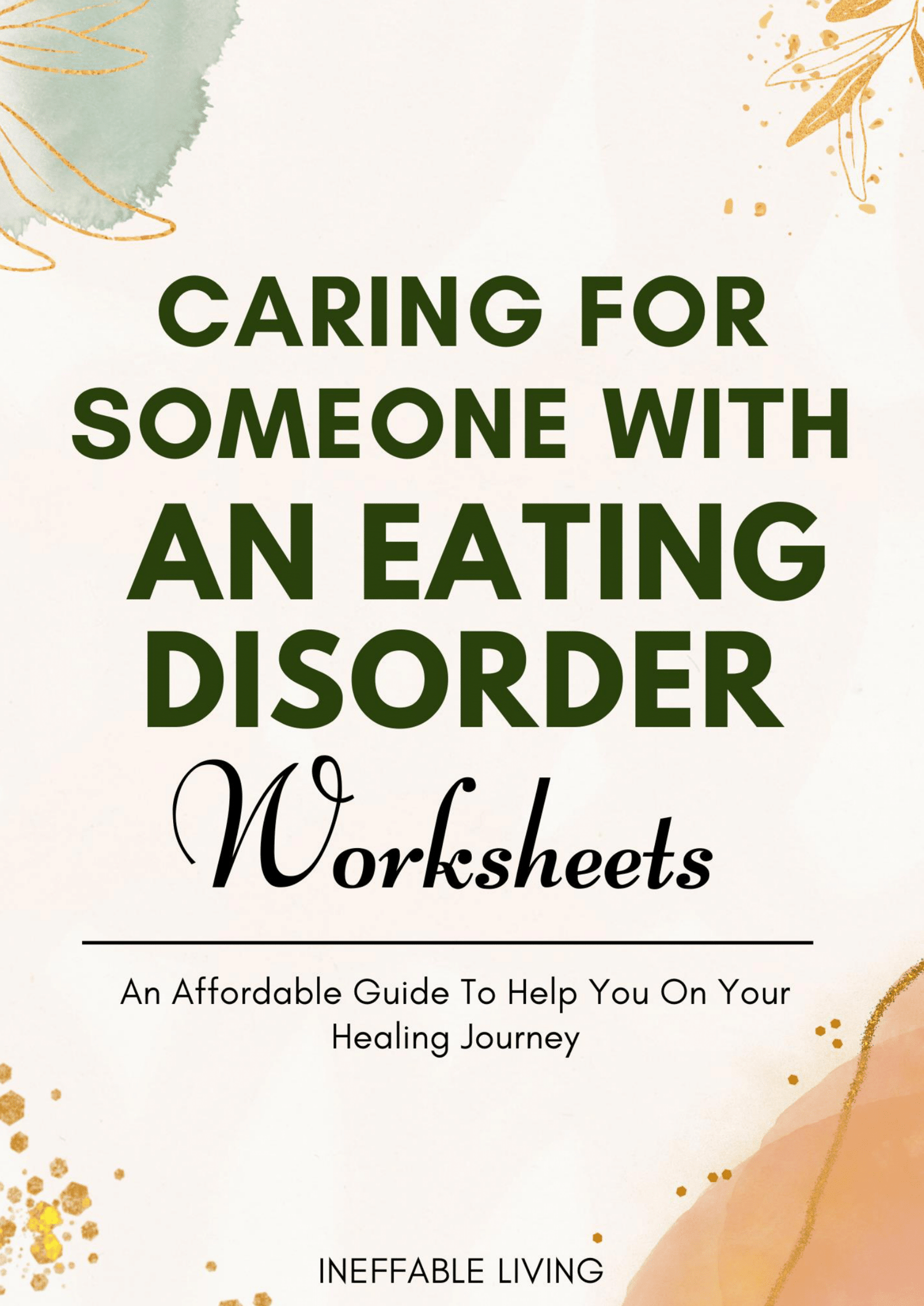The Mascot (or The Clown) Worksheets
Get Entire Shop Bundle for 80% off
Get Dysfunctional Family Roles Bundle for 60% off!
The Mascot (or The Clown)
Do you relate to any of the following?
- Do you often use humor to deflect serious conversations or to avoid dealing with personal issues?
- Have you found that making people laugh gives you a sense of acceptance or belonging?
- When faced with tense or uncomfortable situations, is your first instinct to make a joke?
- Do people tend to expect you to be the entertaining one, regardless of how you’re actually feeling?
- Have you ever felt that others may not take your problems seriously because of your humorous demeanor?
- Do you find it difficult to express sadness, anger, or other non-humorous emotions in front of others?
- When you feel down, do you feel compelled to hide those feelings and maintain your cheerful facade?
- Are you concerned that if you stop being funny or entertaining, you might be rejected or ignored by your peers or family?
- Do you struggle to have deep, meaningful conversations because they often turn into opportunities for jokes or laughter?
- Do you consciously or unconsciously adopt a humorous persona to make up for insecurities or self-doubt?
If so, The Mascot Worksheets can help you navigate this incredibly challenging experience.
(+40 pages of evidence based exercises and techniques)
What’s Included?
- Self-Assessment
- The Function of the Mascot in Family Systems
- The Positive Aspects of Being the Mascot
- The Limitations and Downsides of the Mascot Role
- Using Humor as a Defense Mechanism
- Shifting Perspectives
- Acknowledging Hidden Feelings
- Adaptive vs. Maladaptive Coping Strategies
- Clarifying Personal Needs
- Strategies for Self-Care
- Establishing Boundaries
- Identifying Inauthentic Interactions
- Attracting Healthy Relationships
- Listening to Others Without Deflecting
- The Role of Vulnerability in Deepening Connections
- Rebuilding Self-Esteem Outside of the Mascot Role
Who Is The Mascot (or The Clown)?
In dysfunctional family dynamics, "The Mascot," also referred to as "The Clown," is a role often adopted by a child or family member who uses humor and lightheartedness to cope with the stress and pain within the family environment.
The Mascot tends to be the one who lightens the mood, provides comic relief, and may be seen as endearing and entertaining.
While humor is a wonderful attribute, constantly playing the role of "The Mascot" or "The Clown" can sometimes mask other emotions and prevent genuine connections.
It's time to allow all facets of your personality to shine.
By acknowledging the complexity of your emotions and the reasons behind your humor, you pave the way for a more authentic and fulfilling life.

